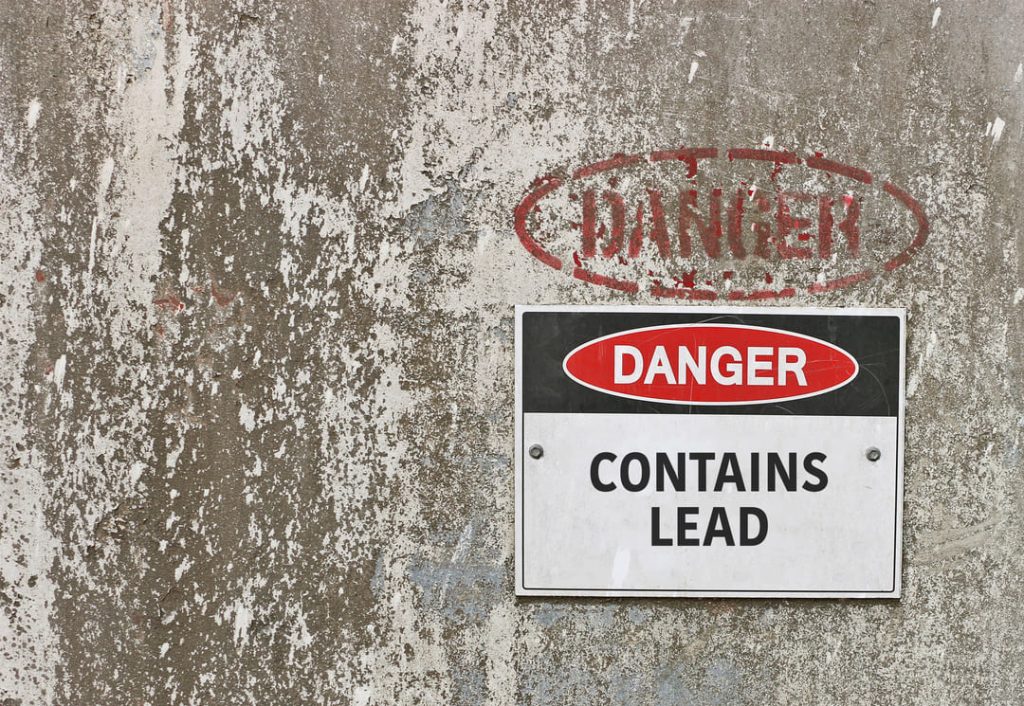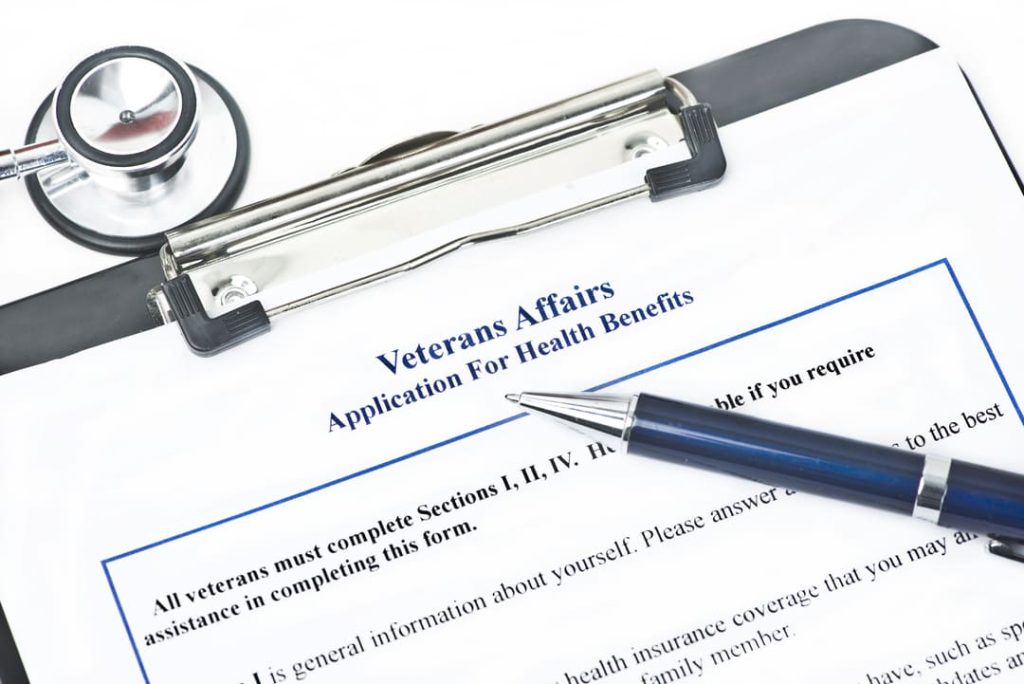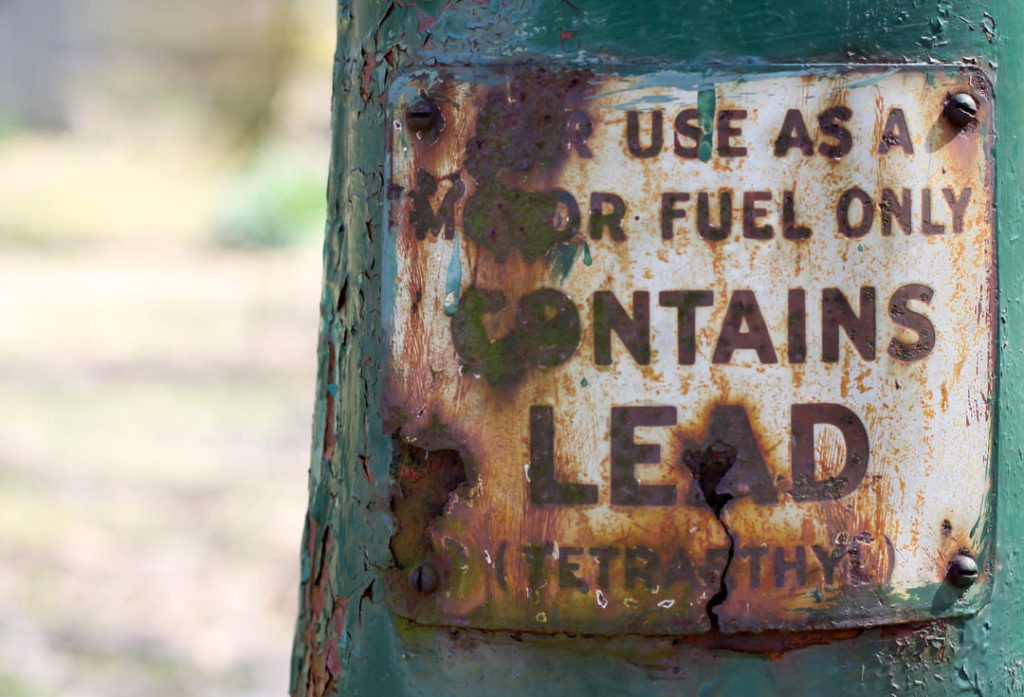Looking for Expert-Level VA Claim Answers?📱Call Us Now! 737-295-2226
Veterans who have been exposed to lead during their military service wonder, “Is there a VA disability rating for lead exposure?”
This Ultimate Guide will shed light on how to get a VA disability rating for lead exposure-related conditions and the process behind it.
- Is There a VA Disability Rating for Lead Exposure?
- Does the VA Rate Lead Exposure as a Disability for Veterans?
- How the VA Rates Disabilities Caused by Lead Exposure
- Are There VA Disability Ratings for Lead Exposure?
- How to File a VA Claim for Lead Exposure-Related Conditions
- VA Compensation Benefits for Lead-Related Health Problems
- Lead Exposure Surveillance and Testing Protocols in Military Environments
- How Veterans May Have Been Exposed to Lead
- VA Disability Rating for Lead Exposure in Veterans (FAQs) Frequently Asked Questions
- What is the VA disability rating for lead exposure-related conditions in veterans?
- How does the VA determine disability ratings for lead exposure-related conditions in veterans?
- What benefits are available to veterans with a disability rating for lead exposure-related conditions?
- Can veterans appeal a VA disability rating decision for lead exposure-related conditions?
- What documentation or evidence is necessary to support a claim for VA disability due to lead exposure?
- NEED MORE ASSISTANCE?

Is There a VA Disability Rating for Lead Exposure?
No—lead exposure in and of itself is not a rateable condition. However, understanding how the VA evaluates lead exposure can significantly impact the benefits veterans receive.
While there technically isn’t a VA disability rating for lead exposure—the VA will rate VA disabilities caused by lead exposure
Does the VA Rate Lead Exposure as a Disability for Veterans?
No. There isn’t a designated VA disability rating for lead exposure as it doesn’t directly qualify as a disability under the VA rating system. How the VA rates lead exposure varies depending on the disability resulting from the exposure that the individual is claiming.

How the VA Rates Disabilities Caused by Lead Exposure
The VA rates disabilities caused by lead exposure based on the severity of its impact on a veteran’s health and daily life.
The criteria for rating lead exposure-related disabilities revolve around the symptoms and impairment caused by the exposure.
While a VA rating for lead exposure doesn’t exist, a VA disability rating for lead exposure-related conditions can range from 0% to 100%, with increments of 10%. For instance, a 0% VA rating might signify evidence of exposure without current health effects, while a 100% VA rating would represent severe and incapacitating symptoms.
The specific percentage is determined by evaluating symptoms like impaired concentration, memory loss, fatigue, high blood pressure, neurological issues, and more.
The extent and persistence of these symptoms, as well as their interference with daily functioning, are considered in assigning the disability rating for lead exposure-related conditions.
It’s a reflection of the severity of symptoms and diagnosed health conditions resulting from lead exposure.
A higher VA rating signifies a more significant impact, indicating that the health issues resulting from lead exposure have a substantial influence on the veteran’s overall health, limiting their ability to function normally and affecting their capacity to sustain employment.
Are There VA Disability Ratings for Lead Exposure?
There are no specific VA ratings for lead exposure since it’s not a disability. The VA rating schedule for conditions caused by lead exposure varies depending on the VA disability caused by lead exposure
The VA acknowledges the profound impact of lead exposure on veterans’ health, offering specific protocols for assessing its consequences.
Veterans exposed to lead during military service may qualify for disability benefits contingent upon the severity of their rateable condition.
The VA employs comprehensive assessments, considering documented exposure levels, duration, and resultant health complications to determine the disability rating for lead exposure.
Using a structured rating system, the VA evaluates the severity of symptoms and diagnosed health conditions resulting from lead exposure.
Higher ratings denote a greater impact on the veteran’s overall health and work capacity.
There isn’t a designated rating specifically for lead exposure as it doesn’t directly qualify as a disability under the VA rating system. The rating provided varies depending on the disability resulting from the exposure that the individual is claiming.
How to Get Service-Connected for Disabilities Caused by Lead Exposure
To establish service connection for lead exposure-related disabilities, veterans must provide substantial evidence linking their health issues to exposure during military service.
Gathering medical records, test results, and documentation detailing the exposure period and its effects is crucial.
Veterans should file a claim with the Department of Veterans Affairs (VA), specifying the connection between their current health conditions and lead exposure during service.
VA Form 21-526EZ is typically used for disability compensation claims, and it’s essential to include comprehensive details about symptoms, medical treatments, and the impact on daily life.

You DESERVE a HIGHER VA rating.
Take advantage of a VA Claim Discovery Call with an experienced Team Member. Learn what you’ve been missing so you can FINALLY get the disability rating and compensation you’ve earned for your service.
How to File a VA Claim for Lead Exposure-Related Conditions
Filing a VA claim for lead exposure-related conditions involves several steps:
- Gather Documentation: Collect medical records, test results, service records, and any other evidence linking your health issues to lead exposure during your military service.
- Complete VA Form 21-526EZ: Fill out this form to apply for disability compensation. Include details about your exposure, symptoms, and how it affects your daily life.
- Submit Your Claim: Send the completed form and supporting documents to the VA regional office handling your claim. You can submit it online through the VA website, by mail, or in person.
- Undergo Examinations: The VA might schedule you for medical examinations to evaluate the extent of your condition and its connection to lead exposure.
- Await Decision: The VA will review your claim, considering the evidence provided.
They will notify you of their decision regarding your eligibility for compensation for lead exposure-related disabilities.
- Appeal, if Necessary: If your claim is denied or if you disagree with the rating assigned, you have the right to appeal the decision within a specified timeframe.
VA Compensation Benefits for Lead-Related Health Problems
Veterans seeking VA disability compensation for health issues linked to lead exposure during their military service can file a VA claim.
However, the VA evaluates these claims individually without a presumption of exposure or service connection for lead exposure.
Therefore, veterans will likely need to file for service connection directly.
The VA assesses these claims case by case, and veterans can initiate the claim process online.
Lead Exposure Surveillance and Testing Protocols in Military Environments
Lead exposure monitoring and testing programs within the Department of Defense (DoD) primarily target service members working on firing ranges and civilian staff regulated by Occupational Safety and Health Administration guidelines.
DoD policy mandates blood tests for service members exposed to elevated airborne lead levels for 30 days or more annually, with follow-up tests scheduled at least once a year.
Despite calls from service members and veterans for expanded testing and further research, progress has been sluggish.
DoD requested the National Research Council in 2012 to study lead exposure levels on military firing ranges but withheld crucial data, hindering the council’s review.
This information gap prevented a comprehensive analysis of risks faced by range personnel, yet the council highlighted that prevailing American workplace regulations allowed higher lead levels in blood than deemed safe.
The National Research Council found that air measurements for lead were higher than the OSHA acceptable standards on many military shooting ranges.
The Council found that those who worked in military shooting ranges had high levels of lead in their blood.
The Council recommended medical surveillance for workers who are exposed as infrequently as 30 days per year.

How Veterans May Have Been Exposed to Lead
Veterans might have encountered heightened levels of lead exposure through various avenues during their military service.
Extended periods spent at indoor firing ranges, particularly in specialized units like special operations, could have led to increased exposure to lead.
Additionally, contact with deteriorating lead-based paints within military facilities poses a risk.
Moreover, veterans might have inadvertently consumed water from older infrastructures containing lead pipes, which could have contributed to their exposure.
Furthermore, exposure to lead through the air, dust, soil, water sources, and certain commercial products within military environments might have also played a role in elevating lead levels among veterans.
These diverse sources highlight the multifaceted nature of potential lead exposure during veterans’ service tenure.

VA Disability Rating for Lead Exposure-Related Conditions
VA Disability Rating for Lead Exposure in Veterans (FAQs) Frequently Asked Questions
What is the VA disability rating for lead exposure-related conditions in veterans?
The VA disability rating for conditions caused by lead exposure in veterans varies based on the rating schedule of the claimed disability, and severity of the condition and its impact on health. Ratings can range from 0% to 100%, depending on the extent of symptoms and impairment caused by lead exposure.
How does the VA determine disability ratings for lead exposure-related conditions in veterans?
The VA evaluates disability ratings for conditions caused by lead exposure by considering medical evidence, such as test results, symptoms, and the impact on a veteran’s health and daily life. Ratings are assigned based on the severity and persistence of symptoms.
What benefits are available to veterans with a disability rating for lead exposure-related conditions?
Veterans with a disability rating for conditions caused by lead exposure may qualify for various benefits, including monthly compensation payments, access to VA healthcare, vocational rehabilitation, and other forms of assistance based on their specific rating.
Can veterans appeal a VA disability rating decision for lead exposure-related conditions?
Yes, veterans have the right to appeal VA disability rating decisions for conditions caused by lead exposure if they disagree with the assigned rating. The appeals process allows for a review of additional evidence or a reevaluation of the case.
What documentation or evidence is necessary to support a claim for VA disability due to lead exposure?
To support a claim for VA disability due to lead exposure, veterans should provide medical records, test results, and any other relevant documentation detailing symptoms, diagnoses, treatments, Nexus letters, or Independent Medical Opinions (IMOs) and the impact of lead exposure on their health. Gathering comprehensive evidence is crucial for a successful claim.

NEED MORE ASSISTANCE?
Most veterans are underrated for their disabilities and, therefore, not getting their due compensation. At VA Claims Insider, we help you understand and take control of the claims process so you can get the rating and compensation you’re owed by law.
Our process takes the guesswork out of filing a VA disability claim and supports you every step of the way in building a fully-developed claim (FDC)—so you can increase your rating FAST!
If you’ve filed your VA disability claim and have been denied or have received a low rating—or you’re unsure how to get started—reach out to us! Take advantage of a FREE VA Claim Discovery Call. Learn what you’ve been missing—so you can FINALLY get the disability rating and compensation YOU DESERVE!




